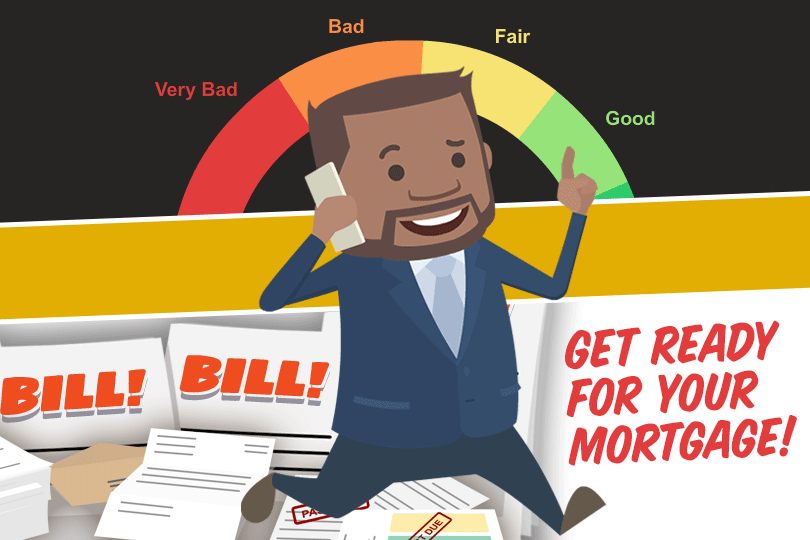The Impact of Late Payments on FHA Loan Approval
June 20, 2023
Today's economic landscape is compounded by factors like inflation and rising utility expenses. These are additional hurdles tacked onto other post-pandemic problems that make securing a home loan an uphill battle for some. If you find yourself on the brink of missing payments on your rent or mortgage, the stakes become even higher, especially if you're eyeing an FHA home loan.
For those hoping to buy a home or refinance with an FHA mortgage, try to maintain a clean payment record for at least 12 months before starting the loan application process. Doing so with less than a year of timely payments on your credit history significantly complicates the approval process. Late or missed payments on housing expenses are a red flag, making it challenging for lenders to justify approving your loan.
The FHA Handbook, specifically HUD 4000.1, enforces the "12-month rule," stipulating that, depending on circumstances, the loan must be "downgraded to a refer" and "manually underwritten" if late or missed payments on a mortgage occurred within the 12 months leading up to the application. The FHA provides no leniency in this regard.
While there may be some consideration in cases where FICO scores and other financial qualifications remain strong, the risk of denial increases if the loan is downgraded to a refer status. However, some leniency may be granted if the late or missed payment is a one-time issue, provided it can be adequately documented.
Ultimately, the lender's discretion plays a significant role, and borrowers with any late or missed payments in the last 12 months might consider delaying their loan application until they've achieved a full year with no such issues. This cautious approach could prove to be the pivotal factor in securing loan approval.
------------------------------
RELATED VIDEOS:
Let's Talk About Home Equity
Understanding Your Loan Term
Your Home Loan is Called a Mortgage

FHA Loan Articles
November 21, 2024The dream of homeownership is with some from a young age. But in an uncertain housing market, some grapple with the question: Is buying a home the right move for me?
While renting offers relocation flexibility and lower upfront costs, homeownership provides a wealth of financial and personal benefits.
November 20, 2024Refinancing your mortgage offers a way to cash in on your home equity, potentially reduce your interest rate, or modify your loan term. Borrowers ready to consider have options including FHA loans and conventional loans.
While both provide avenues for refinancing, each loan type may be best for specific needs and financial circumstances. What are the differences between FHA and conventional refinance options?
November 14, 2024The home you want to buy might seem perfect, or it may have a few flaws that are acceptable in the grand scheme of things. But what about issues you can’t spot just by walking through the property a few times? A home inspection provides an unbiased, expert assessment of the property's condition, uncovering potential issues that might not be noticeable to the untrained observer.
November 12, 2024Escrow is an important feature of most typical FHA loans. An escrow account is a third-party account where borrowers deposit funds designated for property taxes and other uses. Requirements to use escrow accounts typically stems from a need to protect all parties involved in the transaction
November 2, 2024When it’s time to consider buying a home, the Federal Housing Administration (FHA) offers two popular options. One is the traditional FHA purchase loan many use to buy a house in the suburbs. But not everyone wants to buy an existing property. Some want more control over the design and configuration of the home.
The other FHA construction loan option, the one-time close mortgage, comes in here. This option is for those who want to approve floor plans, have a say in the types of materials used to build the home and choose its features.







